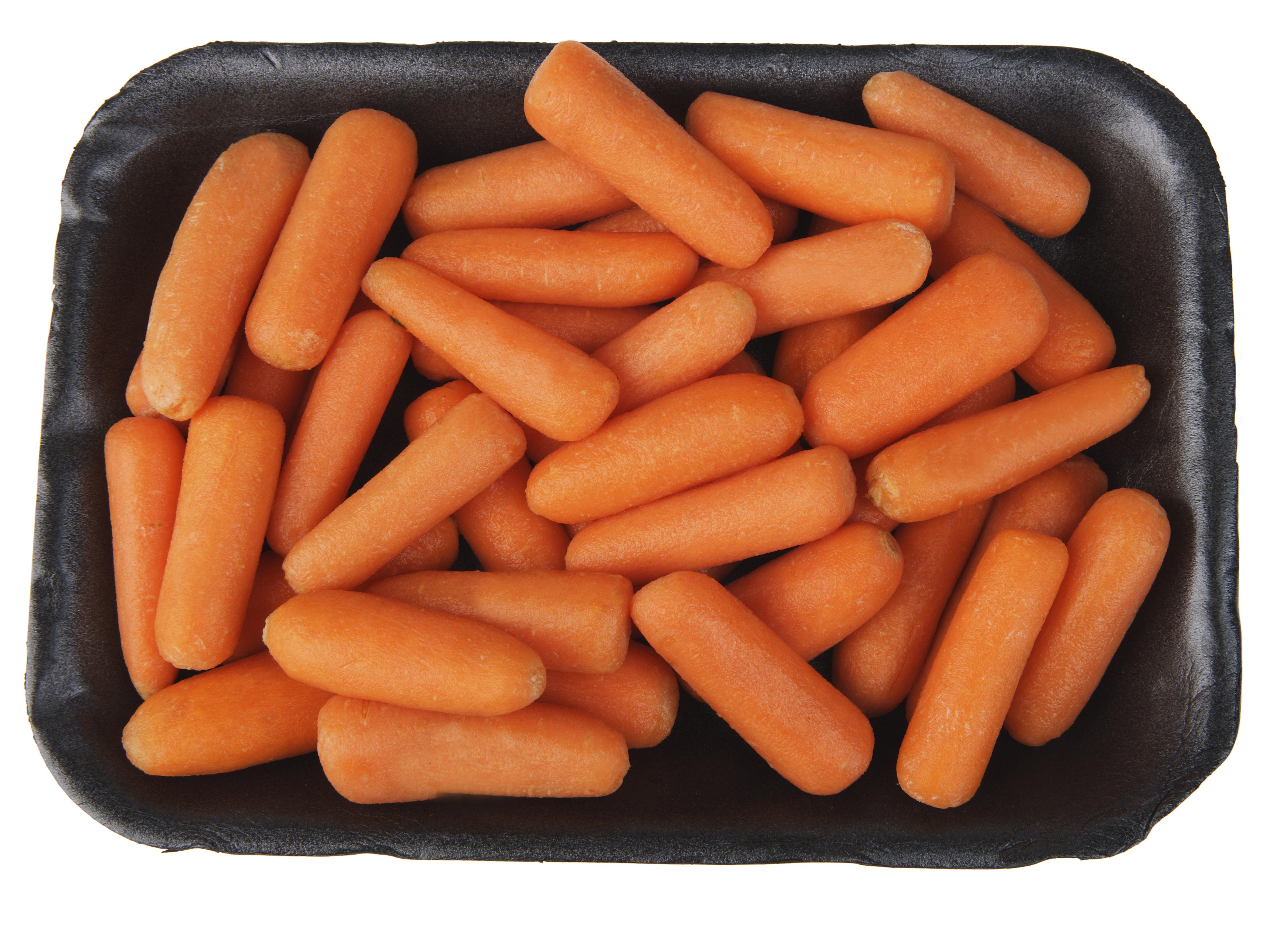The process of recycling plastics starts at the store. Whenever we purchase a product packaged in plastic, we need to look for the recycling symbol on the packaging. The symbol consists of three arrows chasing each other in a triangle shape, with a number in the center. The number indicates the type of plastic used, and there are seven types of plastics that can be recycled.

Type 1 - Polyethylene Terephthalate (PET): This plastic is commonly used in bottles for soft drinks, water, and food containers.
Type 2 - High-Density Polyethylene (HDPE): This plastic is used for milk cartons, shampoo bottles, and detergent containers.
Type 3 - Polyvinyl Chloride (PVC): This plastic is used for pipes, decking, and siding.
Type 4 - Low-Density Polyethylene (LDPE): This plastic is used for grocery bags, trash bags, and other packaging films.
Type 5 - Polypropylene (PP): This plastic is used for yogurt containers, straws, and other food packaging.
Type 6 - Polystyrene (PS): This plastic is used in disposable cups, coffee cups, and take-out containers.
Type 7 - Other: This category includes any plastic that does not fit into the previous six categories.
Once we know what type of plastic we have, we need to make sure that it is clean and free of any residue before recycling. This helps in the processing of the plastic at the recycling plant. Contamination by food, oil, or other substances can slow down the recycling process and affect the quality of the end product.
Once the plastic is sorted and processed at the recycling facility, it is melted down and made into new products. The recycling process helps reduce the amount of plastic waste in our environment and conserves natural resources like oil and gas. It also reduces the energy required to create new plastic products from scratch.
However, not all plastics are recyclable, and this is where the confusion lies. Plastic bags, microwaveable meal trays, and Styrofoam products cannot be recycled. They can be reused, donated, or disposed of in the trash. Recycling facilities reject contaminated or mixed plastics, which can lead to them ending up in landfills or oceans.
The problem of plastic waste has become a global concern, with many countries introducing legislation to curb its use. Manufacturers are also looking at alternative materials that are eco-friendly, biodegradable or compostable. However, recycling remains a viable solution to reduce plastic waste.
Henan Suyuan Lanning Technology Co., Ltd. is one of the leading waste recycling technology research and equipment manufacturing enterprises in China. Their products, such as cable stripper machines and cable granulators, help recycle electrical cables and wires. They have a presence in over 60 countries, providing sustainable solutions for waste reduction.
The company's dedication to environmental protection serves as an inspiration for others to take up recycling as a solution to waste management. By making recycling a part of our daily lives, we can reduce the amount of plastic waste and conserve natural resources for future generations.
In conclusion, knowing what is recyclable and what is not can be a daunting task. However, by paying attention to the recycling symbol and cleaning our plastics before recycling, we can help reduce plastic waste in our environment. Recycling is not only a solution to waste management but also a way to conserve natural resources and energy. With the efforts of companies like Henan Suyuan Lanning Technology Co., Ltd. and individuals, we can make the world a cleaner and greener place.